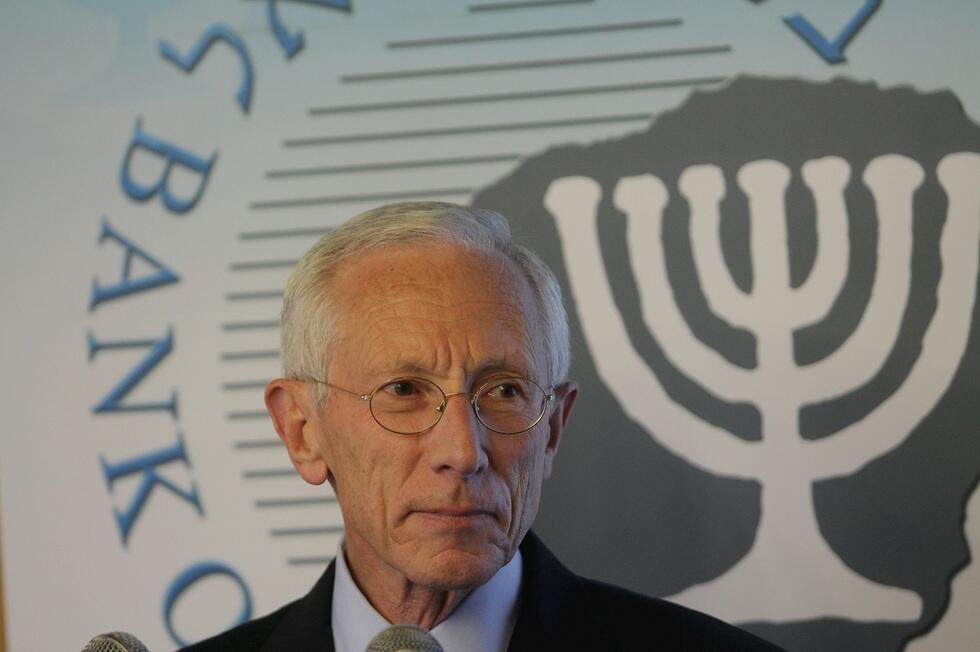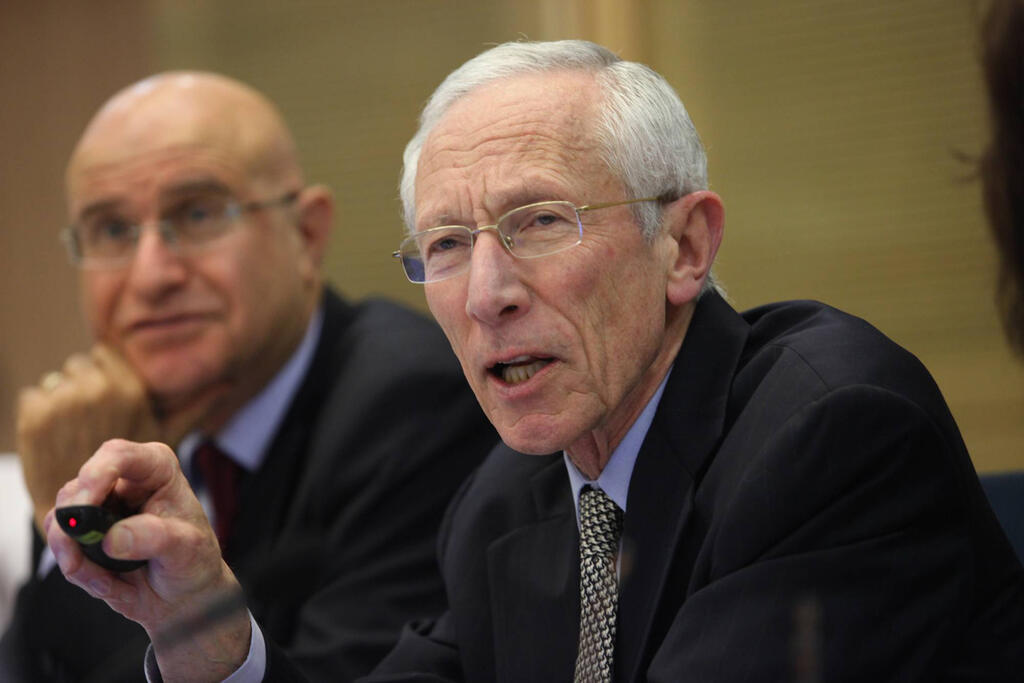Getting your Trinity Audio player ready...
Stanley Fischer, a distinguished economist who held pivotal roles in global finance—including as governor of the Bank of Israel and vice chair of the U.S. Federal Reserve—died on Saturday at the age of 81.
Born in 1943 in Mazabuka, Northern Rhodesia (now Zambia), Fischer was a prominent figure in shaping economic policy worldwide. He earned his bachelor's and master's degrees in economics from the London School of Economics and completed his Ph.D. at the Massachusetts Institute of Technology (MIT) in 1969, studying under Nobel laureates Paul Samuelson and Robert Solow.
Fischer began his academic career as a lecturer at the University of Chicago before returning to MIT as a senior faculty member. In 1977, he was appointed a full professor and later chaired the economics department. He also served as a visiting scholar at the Hebrew University of Jerusalem and at Stanford University's Hoover Institution. During this period, he co-authored groundbreaking macroeconomics textbooks with fellow MIT economists and edited the NBER Macroeconomics Annual for eight years.
Fischer entered the field of economic policymaking in the 1980s, when U.S. Secretary of State George Shultz invited him, alongside economist Herbert Stein, to help Israel tackle triple-digit inflation and a severe economic crisis. Their recommendations laid the foundation for the landmark 1985 stabilization plan, which brought inflation down sharply within a year and launched Fischer into decades of economic leadership on behalf of Israel. Then-Prime Minister Shimon Peres described the plan’s outcome as “an economic miracle.”
Get the Ynetnews app on your smartphone: Google Play: https://bit.ly/4eJ37pE | Apple App Store: https://bit.ly/3ZL7iNv
In 1994, Fischer was appointed deputy managing director of the International Monetary Fund (IMF), where he oversaw responses to global financial crises, including the 1997–1998 Asian financial meltdown. After seven years at the IMF, he moved to the private sector as vice chairman of Citigroup. In 2005, Fischer became governor of the Bank of Israel, immigrating to Israel and gaining Israeli citizenship while retaining his American nationality.
During the 2008 global financial crisis, Fischer implemented bold and innovative measures, including quantitative easing and major foreign currency purchases, to protect Israeli exports. His policy leadership received broad acclaim both domestically and internationally.
He was reappointed for a second term in 2010 and stepped down in 2013 after eight notably successful years. A year later, U.S. President Barack Obama appointed him vice chair of the Federal Reserve. “He is widely acknowledged as one of the world's leading and most experienced economic policy minds,” Obama said during the announcement. In 2022, he received a lifetime achievement award from Central Banking in recognition of his service to the Fed, the Bank of Israel and global economics.




